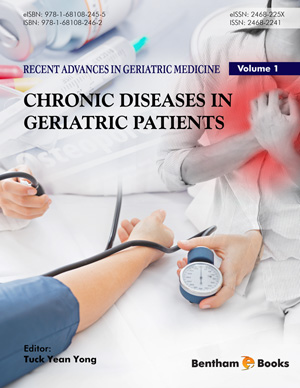Abstract
Our population is ageing, and as older people (≥65 years of age) are affected by hypertension, these individuals are at increased risk of organ damage or cardiovascular disease (CVD). They pose many management dilemmas because most hypertension trials had upper age limits with participant recruitment or did not present age-specific results. Because evidence-based guidelines have limited information on managing older patients with hypertension, recommendations are mostly based on expert opinion. Drug treatment for elderly hypertensive patients are generally recommended but with a greater degree of caution because of changes in drug distribution and elimination, as well as the need to consider quality of life factors. However, patients in most hypertension trials were aged <80 years. Pooling the limited number of octogenarians from several trials, this group of treated patients showed a reduction in both stroke and cardiovascular (CV) morbidity, but a trend toward higher all-cause mortality compared to controls.
Therefore, the overall benefits of lowering the blood pressure in octogenarians remain unclear despite epidemiological evidence that hypertension remains a major CV risk factor in this age group. Resistant hypertension (i.e., blood pressure that remains above target when patient adheres to lifestyle measures and maximum tolerated doses of complementary antihypertensive agents which usually includes a diuretic) is more frequent with advancing age. Older patients with higher baseline systolic blood pressure characteristically have more severe or longer duration of hypertension, resulting in more difficult blood pressure control because it is often associated with autonomic dysfunction and organ damage.
Keywords: Angiotensin-converting enzyme inhibitors, Antihypertensives, Betablockers, Calcium channel antagonists, Cardiovascular diseases, Denervation of renal artery, Diuretic, Elderly, Hypertension.






















